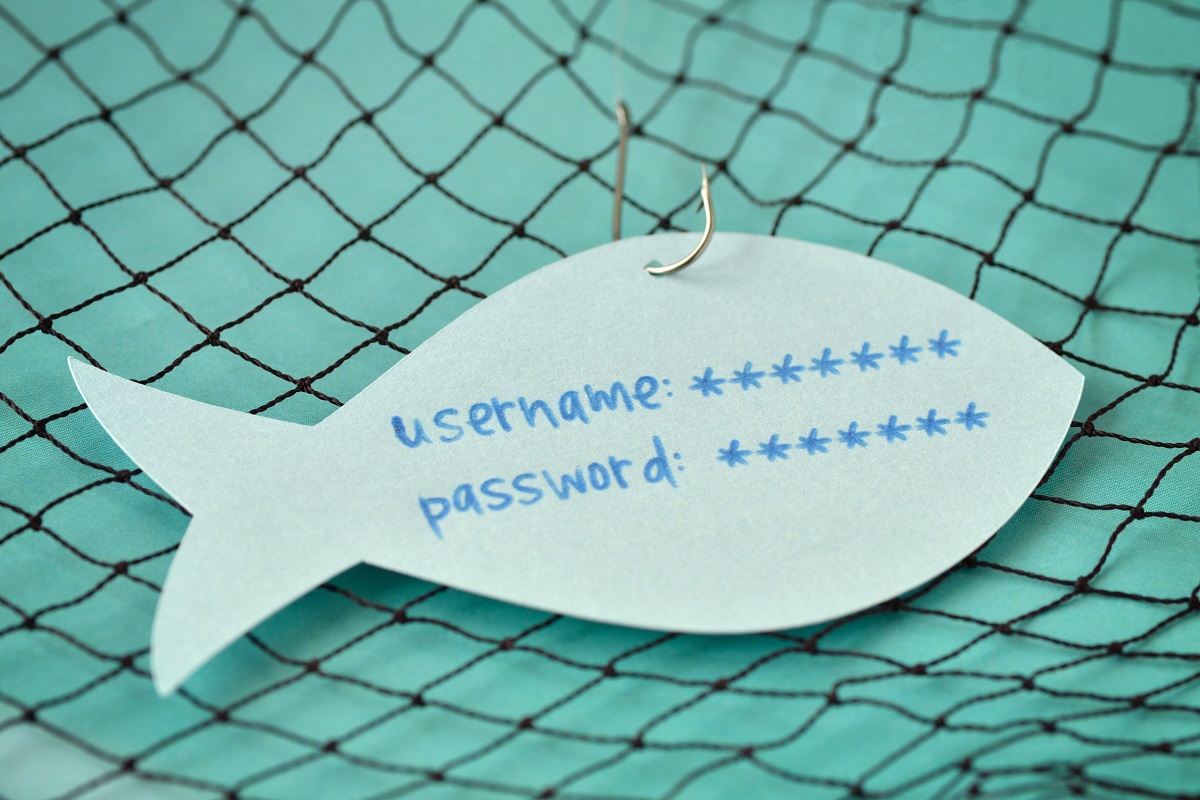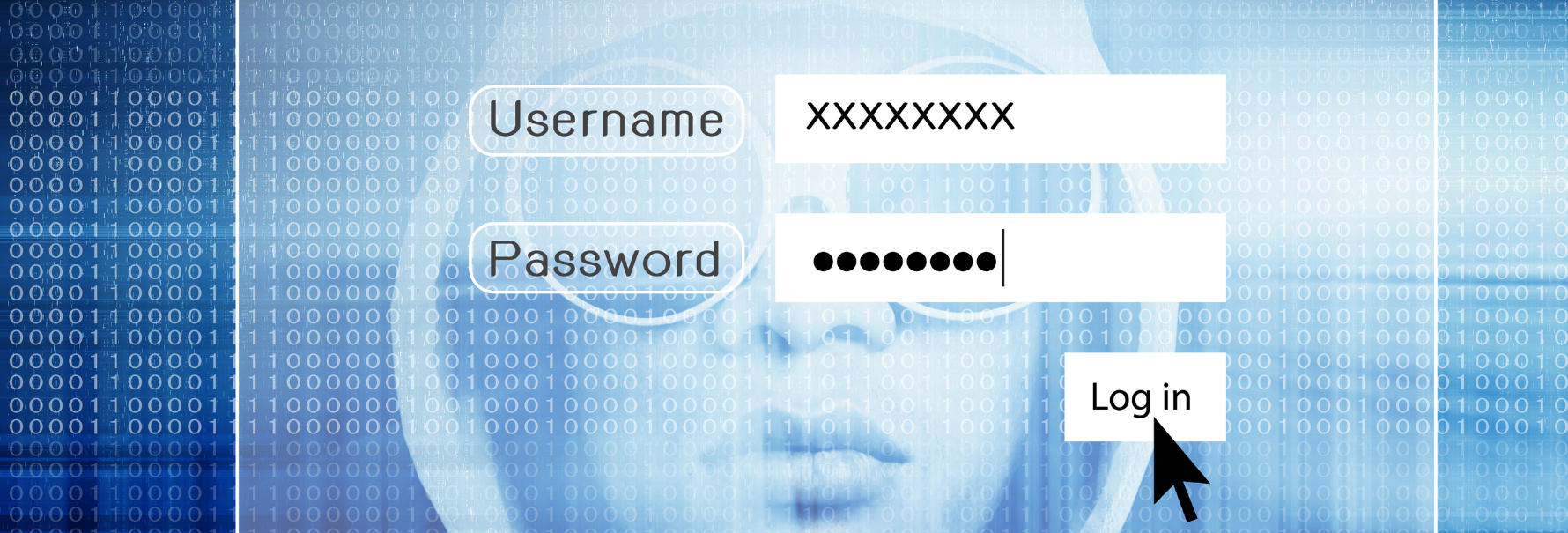How to protect yourself against phishing emails
2020-11-13
Phishing (the act of sending emails purporting to be from reputable companies in order to get the user to disclose personal information such as credit card numbers or passwords) is a worryingly common occurrence in the modern age. Whilst email spam filters are much more effective at catching these emails, it is still possible for fraudulent emails to slip through. Below are some tips to help you identify if an email is in fact a phishing email.
Check the sender information
Whilst the sender name on an email may appear legitimate, take the time to examine the actual email address it is from (often on mobile email you will need to manually expand this information to view it). Depending on the sophistication of the scammer the email may be complete nonsense (such as 12re6hgn@ttngx.de), but could even be a close match to a legitimate email address (such as support@mazon.com - note the missing ‘a’).
Check the links provided
Whilst a piece of text saying ‘Click Here’ may be hyperlinked, hovering over it can show the link itself. Again, depending on the sophistication of the scam, these can vary widely in appearance. Some may be something akin to “http://zex321.tu”, but some will try to appear like genuine websites. An example of this would be “http://amazon.com.spam.xyz/thisisagoodoffer”. These types of domains take advantage of users seeing the initial ‘amazon.com’ but not realising the actual top level of the website is ‘spam.xyz’.
Verify independently
If an email purports to be from your bank or credit card provider, for example, needing you to log in to your account to verify something, do not hesitate to contact them directly to double check! This could be done by phone, or even by directly accessing the website in question (rather than using the link in the email). If it is an offer email from a retail site, you should be able to find the offer directly on the site without following the link in the email. Companies always want to know about phishing attempts involving them, as this can be a serious issue for them.
Check the spelling and email format
Frequently, phishing scammers will be composing emails in a language that is not their native language and will make spelling and grammatical errors. Ask yourself, would a large company send out an email like this? Also, it is important to check that an email looks real; for example, do any images in the email fail to load as they should? Is there an unsubscribe link at the bottom? Does it look like other emails from the company in the way it is designed?
Whilst there are many more minutiae that could be added to this list, using these checks can help guard you against phishing attacks, and thus ensure your digital privacy.
Lastly, remember that if an offer seems too good to be true, it usually is!
The information contained in this article is provided for informational purposes only and does not constitute professional advice and is not guaranteed to be accurate, complete, reliable, current or error-free.

Related news

Hackers Are Using CAPTCHA as Attack Vector
2025-03-14Cybercriminals use malicious CHAPTCHAs to install stealers on victims' computers, collecting sensitive data such as emails, passwords, addresses, and financial information. We examine various attack methods, including watering hole attacks, ad abuse, and SEO poisoning, and provide practical tips for protecting yourself from these sophisticated threats.
Read more
New Mishing Campaigns Target Job Seekers
2025-01-31Mishing attacks, a form of mobile phishing, are being used in recruitment scams to target job seekers. These attacks involve sending fake job offers via SMS or messaging apps, leading victims to download malware onto their devices. This article explores the rise of mishing attacks, how they work, and the steps you can take to safeguard your personal information and financial data from these threats.
Read more
What is the dark web?
2020-11-12The internet, as the saying goes, is like an iceberg. You’ve almost certainly heard this before, or even seen one of the many, many graphics representing this metaphor. Whilst it is old as the hills (or glaciers?) it is a relatively simple way of describing the strata of the internet, if slightly clumsy and archaic.
Read moreContacts
Let's talk
Please fill in the form below (fields with * are mandatory) and we will respond to your request as soon as possible!